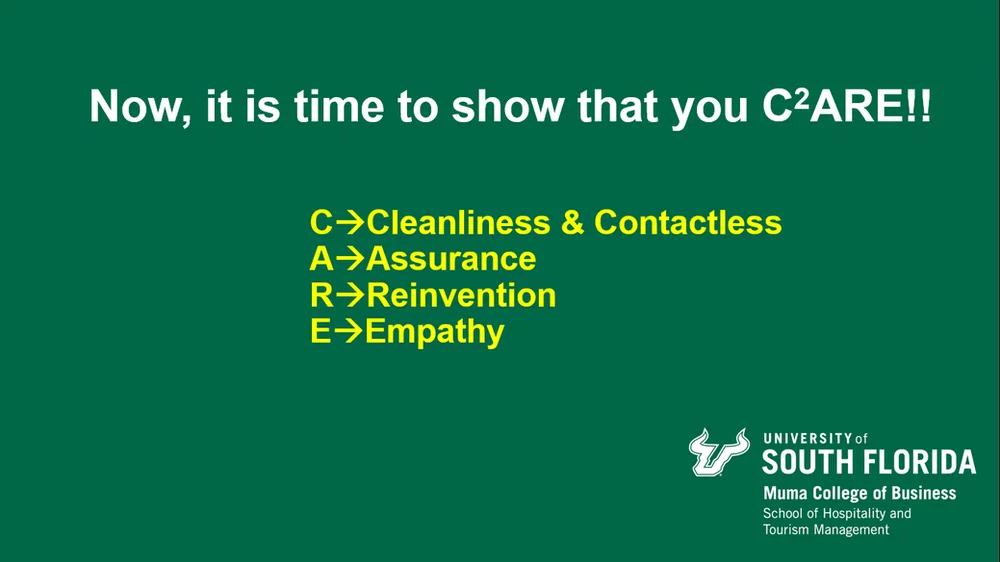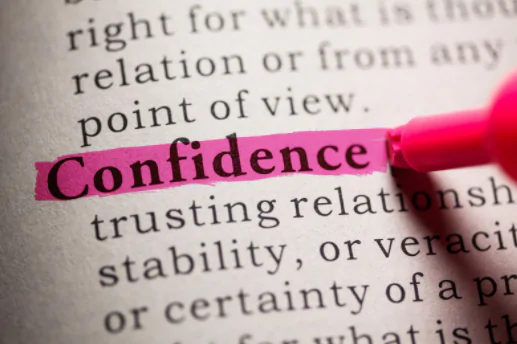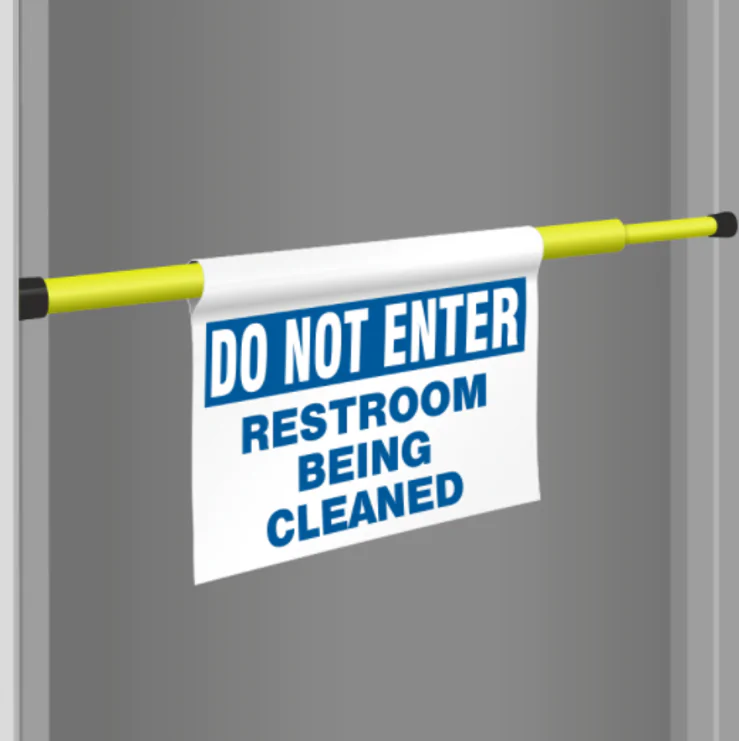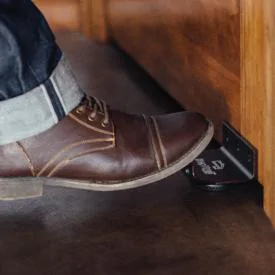 The impact of the pandemic on every industry is undisputable. Travel and tourism are no exception. The pandemic has not only impacted the economics of these industries, but it has also changed the behaviors of consumers, most likely forever.
The impact of the pandemic on every industry is undisputable. Travel and tourism are no exception. The pandemic has not only impacted the economics of these industries, but it has also changed the behaviors of consumers, most likely forever.
The M3 Center at the University of South Florida has been tracking the confidence levels of Americans for travel. Since July 2020, a monthly survey is sent to 1200+ Americans to measure their confidence levels with different modes of travel such as air, car, train, and bus; hotel stays; eating in restaurants; visiting attractions such as museums, concerts, and parks and; the economy. More than 6000 surveys have been collected from Americans about their confidence levels. Americans’ overall travel confidence index is 63.90%, with 0 indicating no confidence and 100 indicating full confidence.

The analysis of the American travel confidence data showed that travel confidence is the biggest predictor of travel consumption. When we compared the confidence levels of Americans for travel to the occupancy rates of hotels in the US, the number of domestic flights taken by Americans, and the number of visits to restaurants, museums, theaters, parks and attractions, we observed a positive correlation between them. The greater the confidence of the travelers, the more they consumer travel products.
Traveler confidence is impacted by variety of factors, including self-perception, attitudes towards life, perceived health risks and the way that companies respond to the pandemic. Even though travel companies may not control how confident travelers are, they can do several things to increase consumer confidence.

We have summarized this framework with “CARE” model. In this framework, we emphasize the importance of practices of all hospitality companies to increase confidence levels.
C-Cleanliness and Contactless
The letter C stands for “Cleanliness and Contactless.” The US Traveler Confidence study showed that cleaning practices are among the most important in establishing trust for travelers. In the pre-pandemic worlds, hospitality companies used to perform cleaning duties discreetly.

It was common to go to a hotel and see “Do not enter! Restroom being cleaned” sign. In this post-pandemic world, guests would like to see that all parts of the hotels, restaurants, theme parks, movie theaters are being cleaned publicly and visibly. We recommend that all travel companies alter their cleaning practices to show to the guests that they are done on a regular basis, more often than before and in front of guests’ eyes.
In addition to increased and visible cleaning practices, we suggest that travel companies provide contactless options to their guests in handling the procedures of the business where applicable. For example, guests should be given an option to check in to a hotel with an app and unlock the room key with the same app. Some of these suggestions may require substantial infrastructure upgrades and investments. However, if the travel companies are due for system updates, there cannot be a better time now to justify these expenditures.
Not all contactless options need to cost a lot of money. There are some low-expense solutions to provide contactless service.
 These include step’npull-like devices to allow the guests to avoid the handle of a door and open it with their foot. In addition, the use of QR codes allows a contactless option for guests to access a paper menu or information. The use of QR codes is quite simple and often free of charge, especially if the information presented is static and does not change often. There are many low-cost apps for smart phones that allow travel companies to provide their services contact free. These options should be evaluated and incorporated where available.
These include step’npull-like devices to allow the guests to avoid the handle of a door and open it with their foot. In addition, the use of QR codes allows a contactless option for guests to access a paper menu or information. The use of QR codes is quite simple and often free of charge, especially if the information presented is static and does not change often. There are many low-cost apps for smart phones that allow travel companies to provide their services contact free. These options should be evaluated and incorporated where available.
A-Assurance
The letter “A” stands for Assurance. In addition to being clean and provide contactless options, companies should assure their guests and potential guests that they follow health authorities’ guidelines strictly and highlight these practices in their marketing efforts and throughout the touch points. Two good examples of these efforts are Norwegian Airlines and Kimpton Epic Miami hotels. In both cases, the companies highlight their increased and visible cleaning practices and their contactless options.
R-Reinventionn
The letter “R” stands for Reinvention. Travel companies should examine their business practices and reinvent ways of providing high quality of service to their guests. The key point is to provide as many options as possible to the guests. One good example to this point is Anna Maria Oyster Bar in Bradenton, Florida. It has turned the practice of clean hands into a show in which it turns into a joyful event. In this restaurant a bell is rung every 30 minutes, and all servers in the restaurant stop what they do and sanitize their hands by singing a song. In addition, it has altered its menu items for delivery optimization as some items do not travel well.
E-Empathy
The final letter in CARE framework stands for Empathy. Going through these unprecedented times requires everyone to show more effort to understand the other party. Everyone has different fears and reactions in this pandemic. Showing empathy is a golden standard even during regular times, yet alone during this pandemic. Employers need to show empathy for employees, employees need to show it for guests and vice versa. Some best practices could be checking on the stakeholders more often than before, caring for the people who are infected with virus, establishing some funds to help the ones in need, and offering wellness and stress management programs. One great example of this is Tampa Bay Lightning. The team pledged 500,000 meals to feeding Tampa Bay with their excess capacity in their kitchen due to reduced load. What a great way to show empathy to those who are in need.
It is time now to show that you CARE!